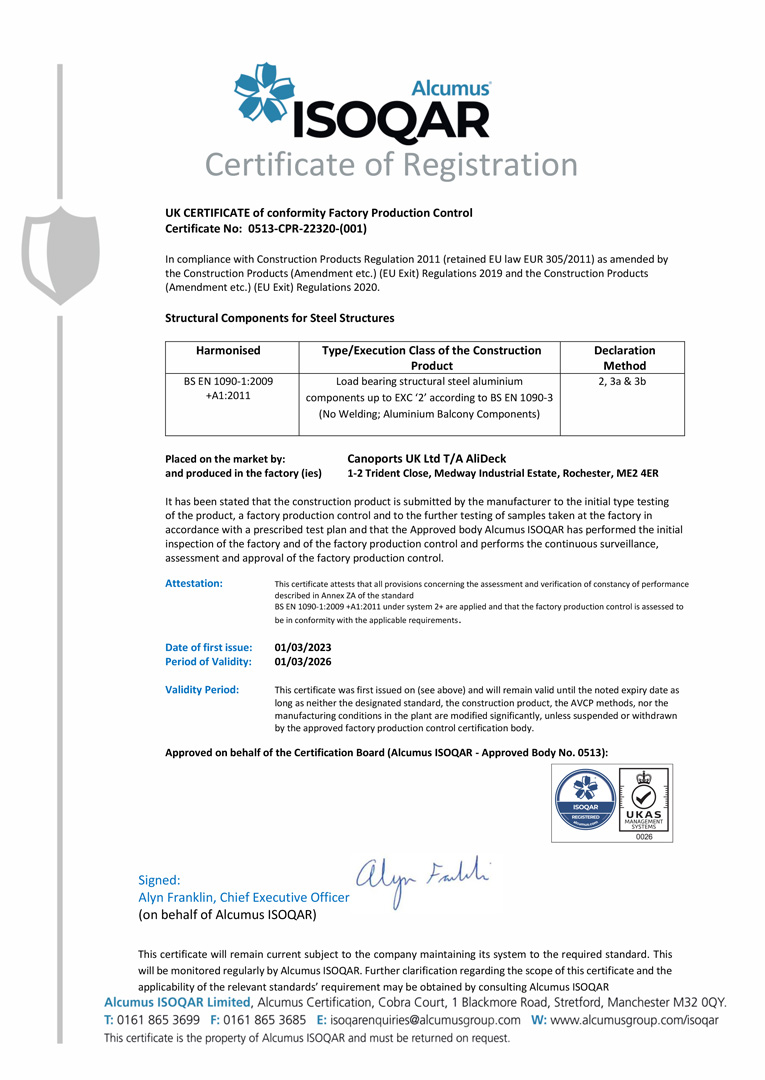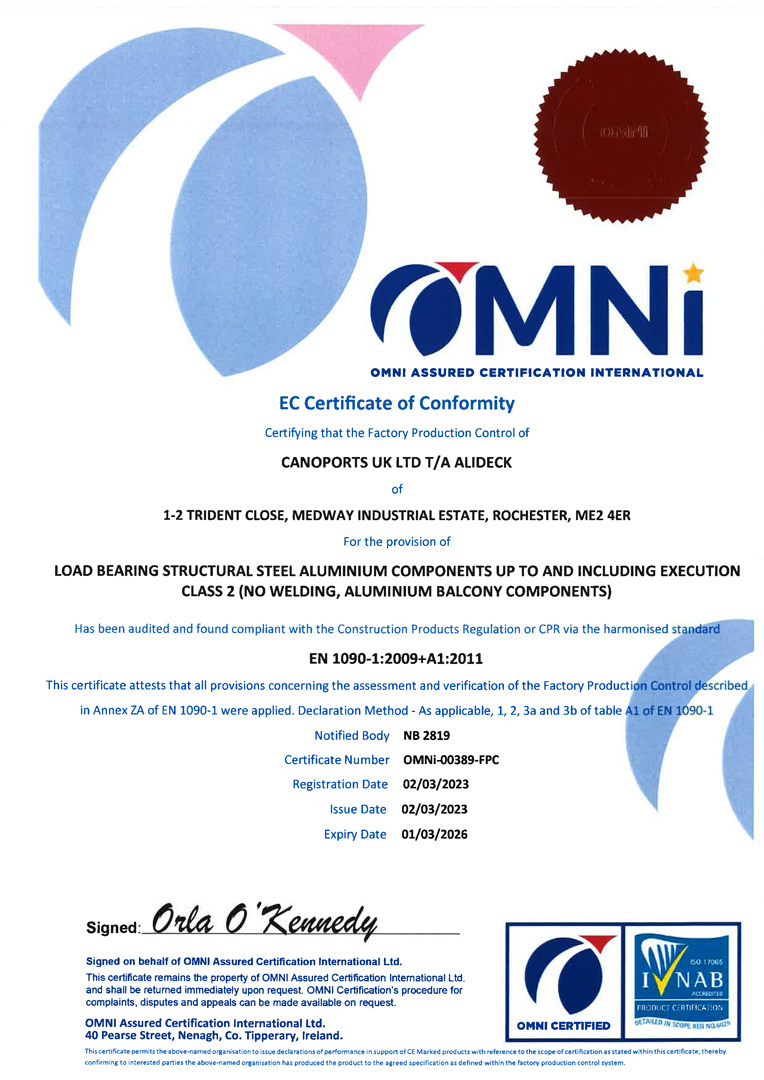Michael Gove MP sacked as Housing Secretary, potential implications for EWS1 and the Building Safety Crisis
In the ongoing political turmoil at Westminster, we awoke to the news this morning that Michael Gove MP has been sacked from his position as Secretary of State for Levelling Up, Housing and Communities. This major development, alongside the earlier resignation of Stuart Andrew MP as Housing Minister, leaves a void and potentially bears deep implications for the Building Safety Crisis and EWS1.

Mr Gove’s tenure at LUHC was certainly eventful. Following several years of relative inaction on the Building Safety Crisis, Mr Gove genuinely seemed to make progress on resolving this national debacle.
Mr Gove repeatedly delivered speeches stating that leaseholders shouldn’t bear the costs of fire safety remediation and, rightly or wrongly, increasingly looked to move the burden to developers and manufacturers. Facing down the inevitable pushback from industry, Mr Gove was not afraid to make threats to effectively bar housebuilders from trading should they refuse to pay up.
The Royal Institution of Chartered Surveyors (RICS) was similarly targeted by Mr Gove’s ire. With RICS being behind the despised EWS1 scheme, Mr Gove made repeated attacks, including threats to “take the power” to change the governance of RICS if they refused to amend their EWS1 criteria.
The major intervention made by Mr Gove to the Building Safety Crisis, though, was arguably the withdrawal of the deeply flawed Consolidated Advice Note and its replacement by PAS 9980. This move to a so-called “risk-based, common-sense” approach to fire risk assessments was intended to allow for quicker, more pragmatic decision making to be enabled and end the log-jam caused by the Consolidated Advice Note and the impact it had on EWS1 surveys.
Whether that outcome has been achieved is open for debate; anecdotally speaking, we continue to see banks and their surveyors exercise considerable caution. Part of the problem is the scope of PAS 9980 as a 400+ page document, while part is the question of willingness to assume liability by surveyors and their professional indemnity insurers. Time will tell.
Love him or loathe him, it must be said that his time at the head of the Department was impactful. Whoever replaces him, though, will now be faced with following through on the progress made and, we must ask, will the next incumbent possess a similar zeal and determination required to push to a conclusion?









